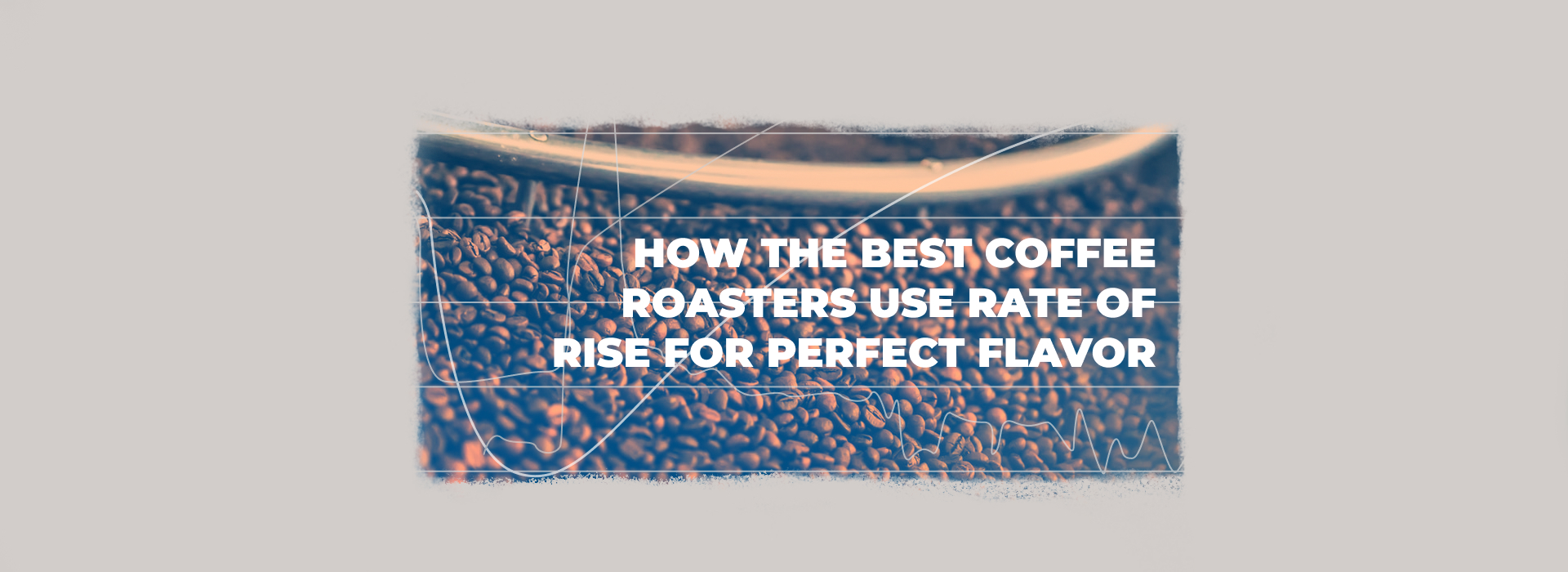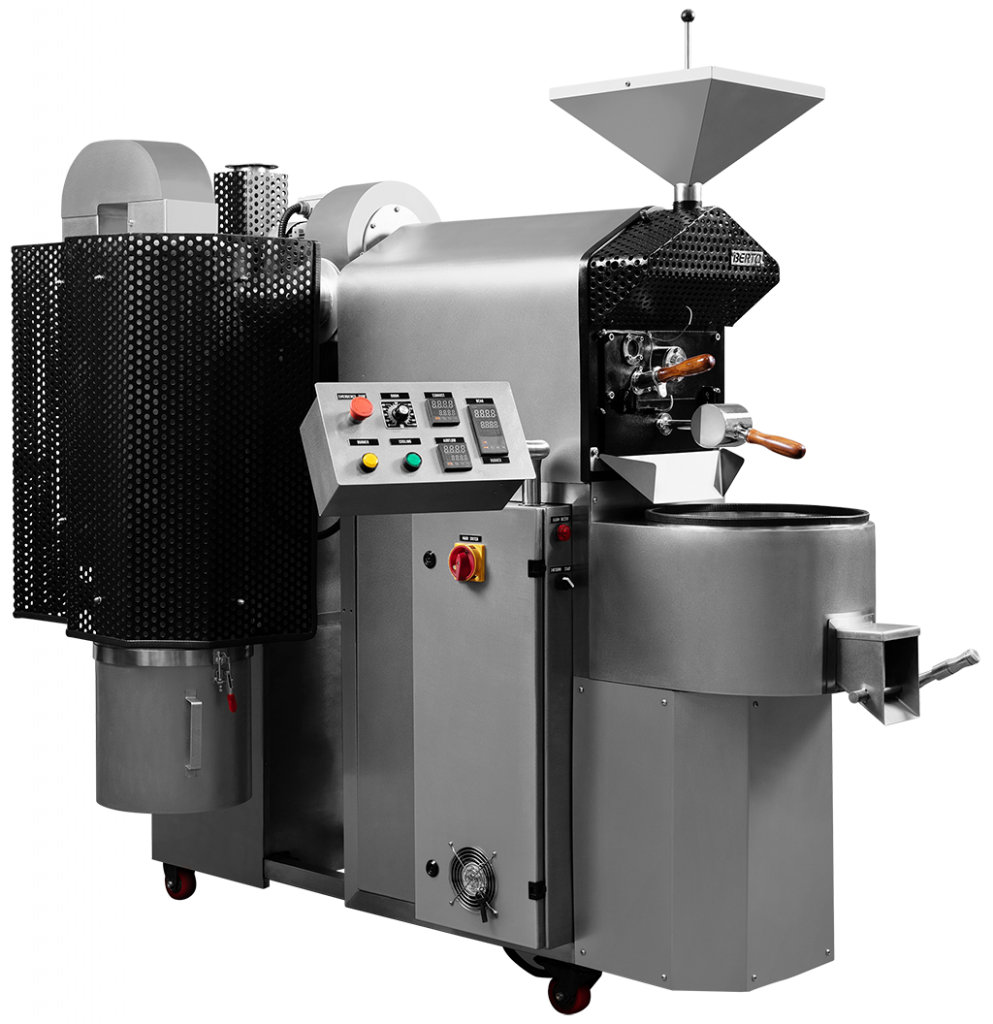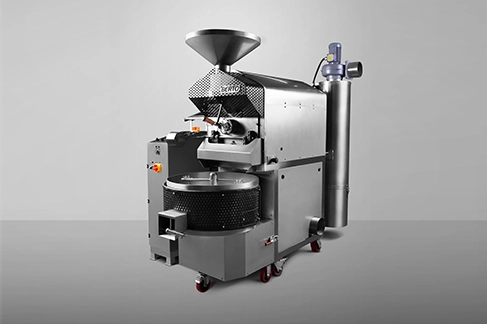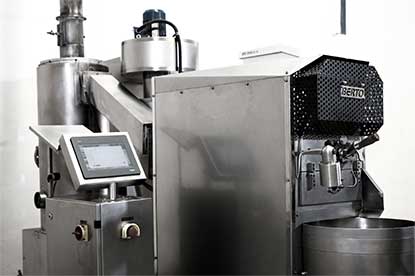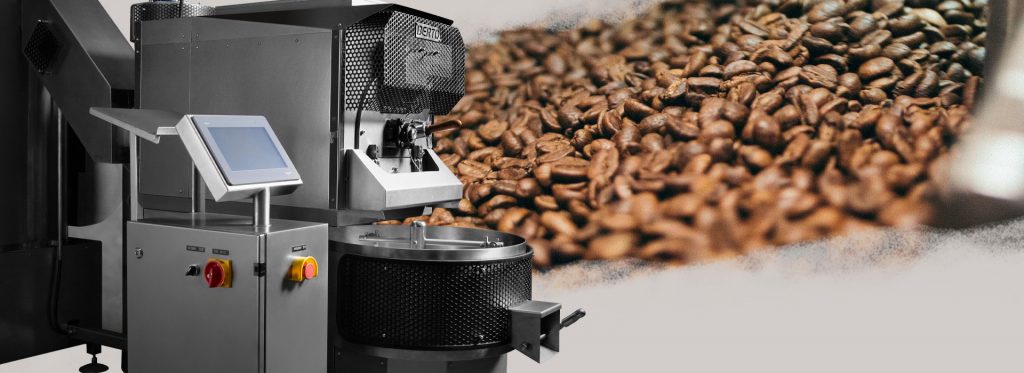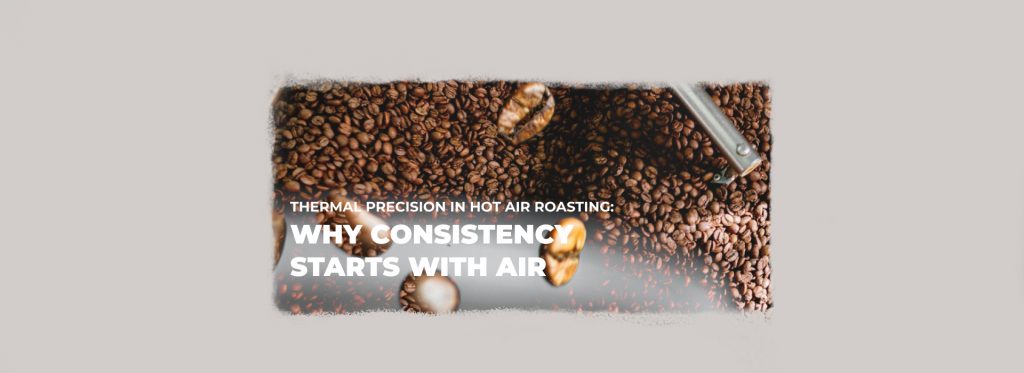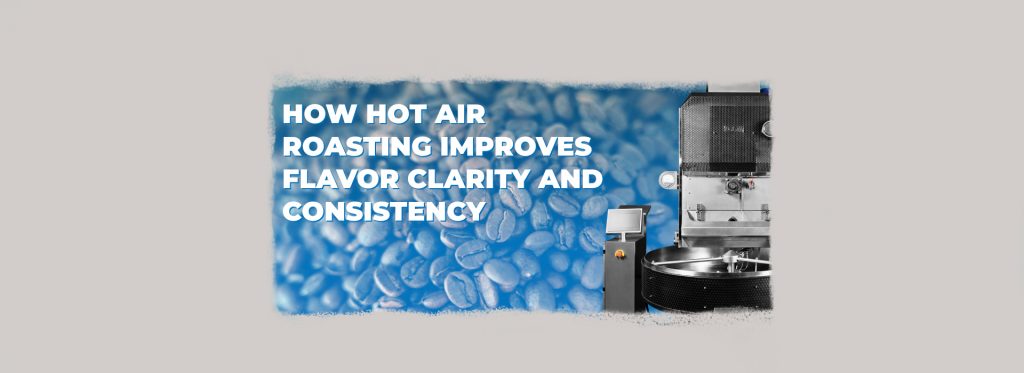How the Best Coffee Roasters Use Rate of Rise for Perfect Flavor
Over the past decade, the coffee roasting industry has seen a remarkable shift. What once depended purely on intuition and years of experience has now blended seamlessly with the precision of modern technology. Today, precision roasting is the new standard, embraced everywhere from artisan cafes to micro-roasteries.
One of the most valuable parameters in this movement is called the Rate of Rise or RoR. It plays a key role in shaping the roast curve, which tracks how heat moves through the beans over time. Best coffee roasters use this curve to monitor the process and stay in control, making sure the coffee develops the way it should. With the right guidance from RoR, green beans can become a clean, balanced cup.
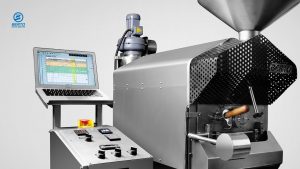
What Sets the Best Coffee Roaster Apart?
In coffee roasting, nothing matters more than consistency. It’s the reason the same beans can taste just as good, batch after batch. Modern coffee roasting machines make this possible by keeping heat steady throughout the process. They also provide real-time data to show exactly how the roast is unfolding and the ability to adjust airflow and temperature. With those features, roasters can step into each stage of the process with confidence.
Even so, features alone don’t create great coffee—they need direction. That’s where Rate of Rise (RoR) comes in. Think of it as a compass, helping you see if the roast is moving in balance and keeping flavors on track.
The best coffee roasters trust RoR to guide them through the curve. Watching how quickly the beans warm in real time helps them steer clear of pitfalls like baking or stalling. When RoR is managed well, the roast holds its rhythm, and the coffee’s flavor comes through exactly as it should.
Understanding Rate of Rise (RoR)
So, what exactly is Rate of Rise? Rate of Rise (RoR) measures how quickly the temperature of coffee beans increases during roasting. It’s expressed in degrees per minute (°C/min) and shows how fast the beans are absorbing heat. For example, if your RoR is 10, that means the bean temperature is rising by 10°C every minute.
RoR helps roasters stay in control throughout the roast. A curve that rises early and then gradually declines usually means the roast is developing well. If the RoR suddenly spikes, it could mean the beans are heating too fast, which can lead to scorching. If it drops too quickly, it might mean the roast is slowing down too much, which can cause baked or flat flavors. By keeping an eye on the RoR curve, roasters can spot these changes early and make adjustments as needed.
To measure RoR, a temperature probe inside the roaster tracks how the bean temperature changes over time. Roasting software then processes that data and shows it on a graph, often called a roast curve. You can choose how often the software collects the data. Shorter intervals, like every second, give you more detail but can make the curve look noisy or spiky. Longer intervals, like every 30 or 60 seconds, make the curve smoother and easier to read, though you lose a bit of fine detail.
How Top Roasters Use RoR to Shape Flavor
RoR has three critical points, and top coffee roasters use them as guidance to navigate the roast from start to finish. Each point gives insight into what’s happening inside the beans and helps shape the flavor they’re aiming for in the cup.
- Max RoR: This helps set the pace early on. After the moment when the bean temperature stops dropping and begins to rise (turning point), the beans start gaining heat and RoR reaches its peak. Roasters watch this closely to make sure things aren’t moving too fast. If it spikes too high, the beans can scorch or rush through the early part of development.
- RoR at First Crack: This point gives insight into how the roast is transitioning. As the beans crack and release moisture, RoR often drops. Roasters pay close attention here to prevent stalling or a flattening of flavor. Adjustments to heat or airflow at this stage can help maintain momentum and bring out more sweetness and a balanced result.
- End RoR: This is all about a controlled finish. As the beans become drier and more sensitive to heat, roasters guide RoR to keep it steadily declining. Managing this point well helps avoid overdevelopment and brings clarity to the final cup.
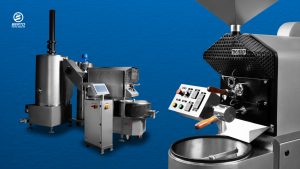
What to Look for in a Roasting Machine When Precision is the New Standard
Precise RoR depends on how well your roasting machine manages heat. Thermal stability keeps the roast on track and prevents sudden swings that can throw off consistency. Adjustable airflow gives you the flexibility to fine-tune how heat reaches the beans. Digital sensors and data logging complete the picture, offering real-time feedback and a clear record of each roast for future reference.
That kind of clarity is what makes consistent results repeatable. That’s why Berto machines are built with precision and consistency at their core. They give you the control you need to lock in quality across the coffee roasting curve, and the confidence to deliver it every time.
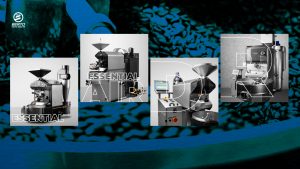
How Berto Machines are Designed for Roast Precision
Berto builds roast precision into every machine—because great coffee starts with control you can count on. That’s why every model is powered by BertoLogic™ for pinpoint accuracy and unmatched consistency.
Berto Essential
Berto Essential gives you a dependable foundation with smooth electronic gas control and a manual airflow damper for hands-on adjustment. With Playback Assist™, you can record and repeat your best profiles without guesswork.
Berto Essential Air
Berto Essential Air takes that precision into a hot air system, delivering clean, smoke-free roasting alongside sensors that monitor inlet air and drum surface temperatures for a clear picture of every roast.
Berto Type D Roaster
For those who want greater control, Berto Type D Roaster adds high-performance thermo controllers that track both bean and drum temperatures in real time. Air Pressure Assist™ keeps airflow steady in any condition. Playback Assist™ with full integration to Artisan or Cropster makes profile replication seamless.
Berto Type R Roaster
Berto Type R Roaster is built for high-volume consistency, using fully automated hot air roasting to keep coffee roasting curves stable batch after batch, paired with advanced digital tools for effortless repeatability.
Mastering coffee roasting curve through RoR (Rate of Rise) gives you clear control over how heat moves through the beans. It guides flavor development, helping each coffee reveal its character. When RoR is used the right way, it brings out the full potential in every batch while helping you avoid common pitfalls. And the more time you spend tracking it, the more your instincts sharpen and your skills grow in crafting the perfect cup.
With Berto, the balance of craft and accuracy comes naturally. You’ll shape roasts that stay consistent and carry the character you’re aiming for, backed by precision you can rely on every time. Get in touch and find the right Berto roaster to be your reliable roasting partner.

